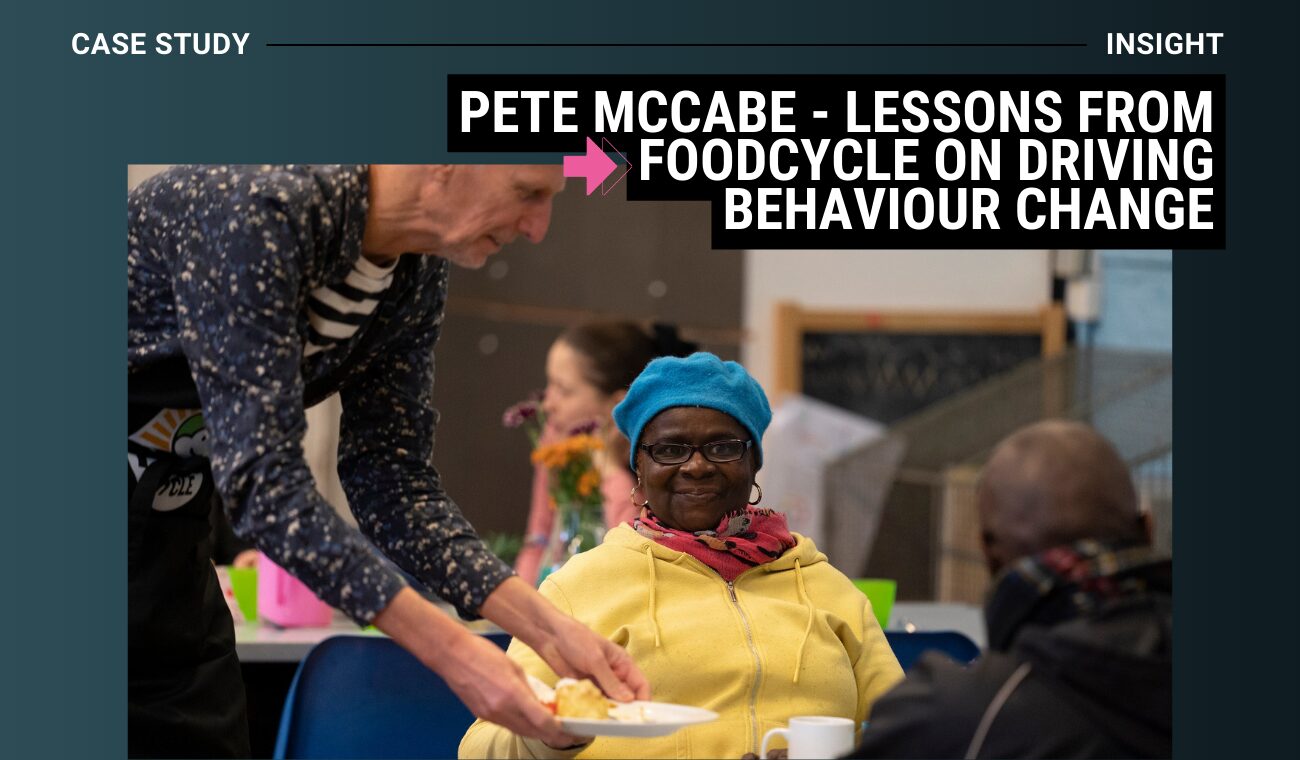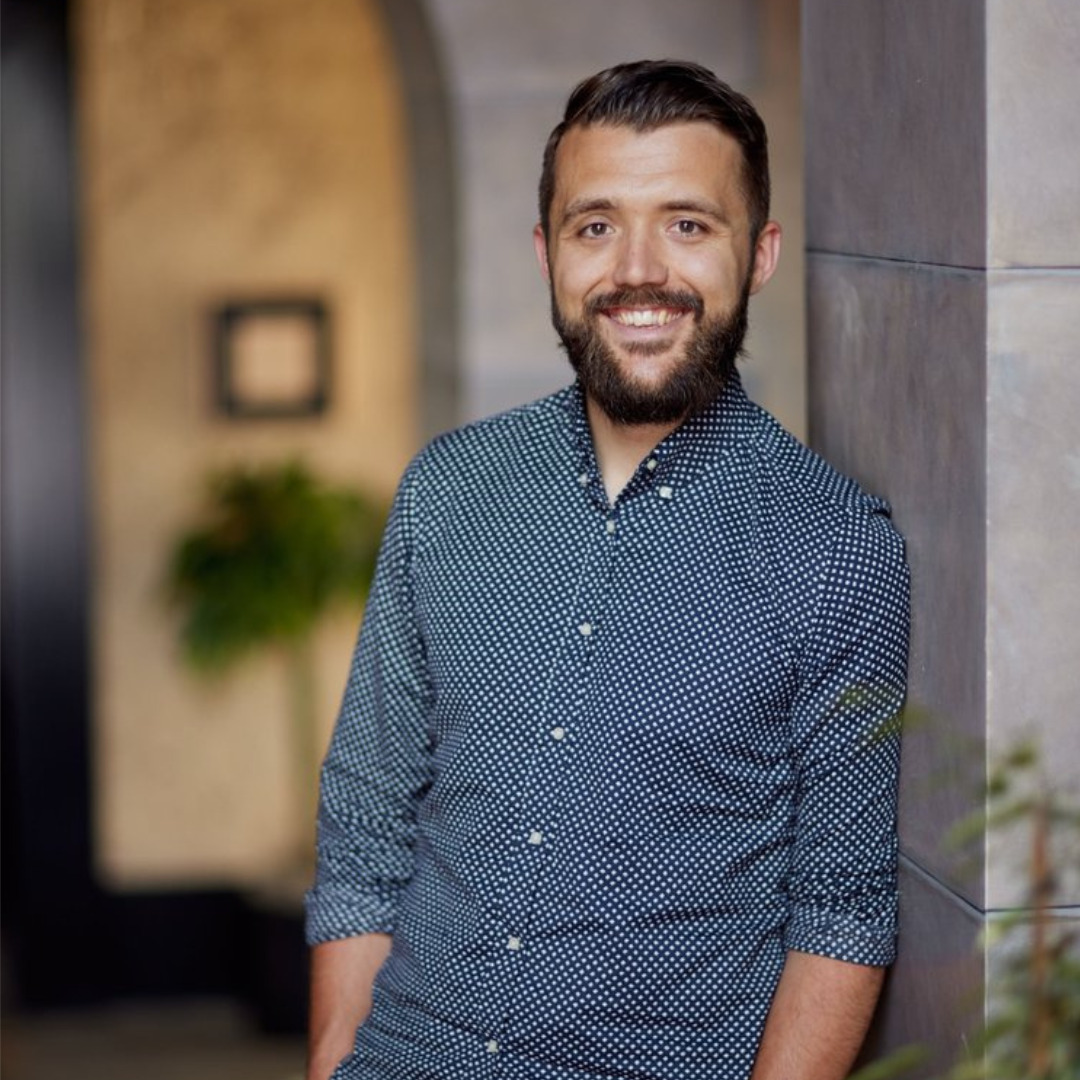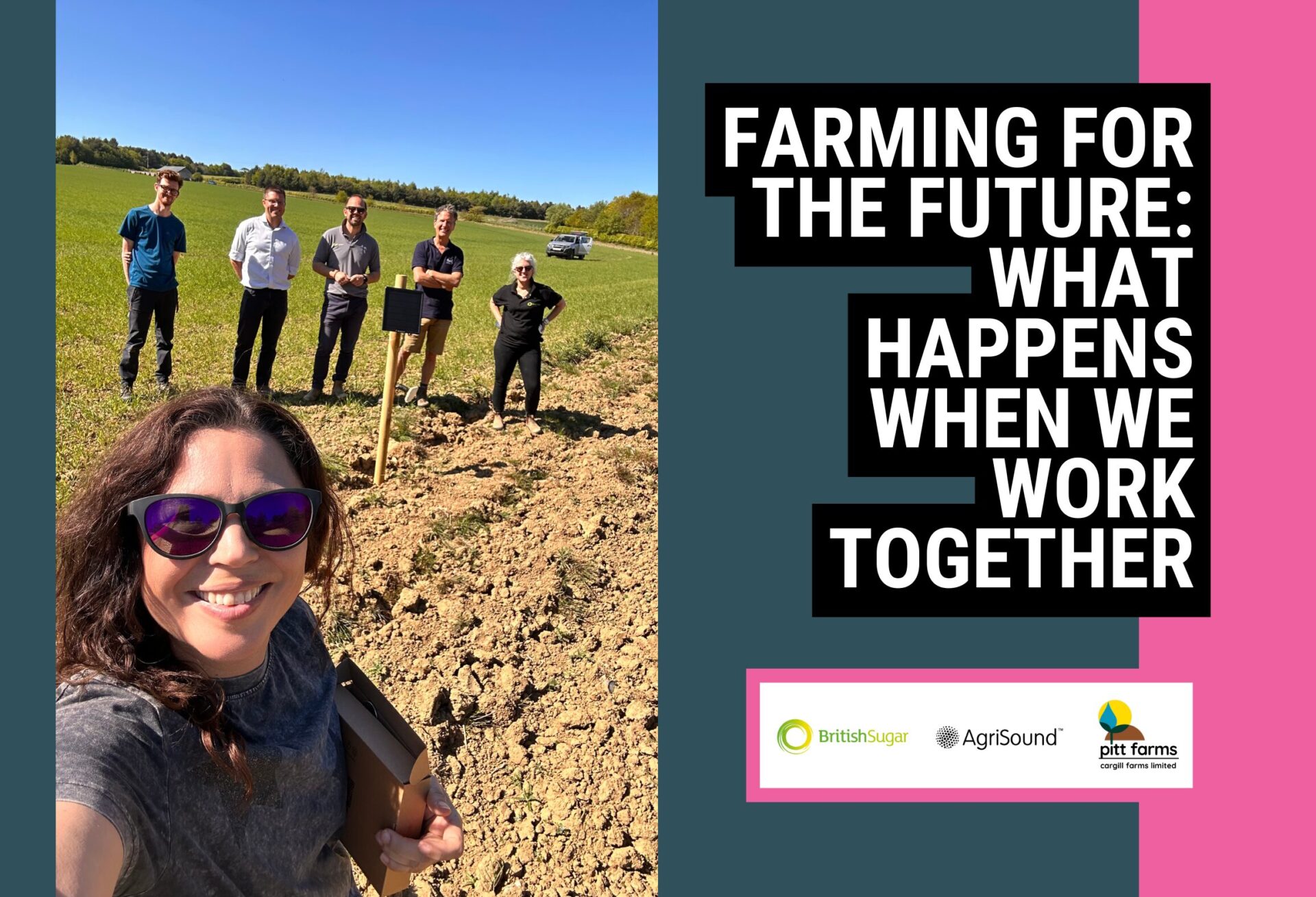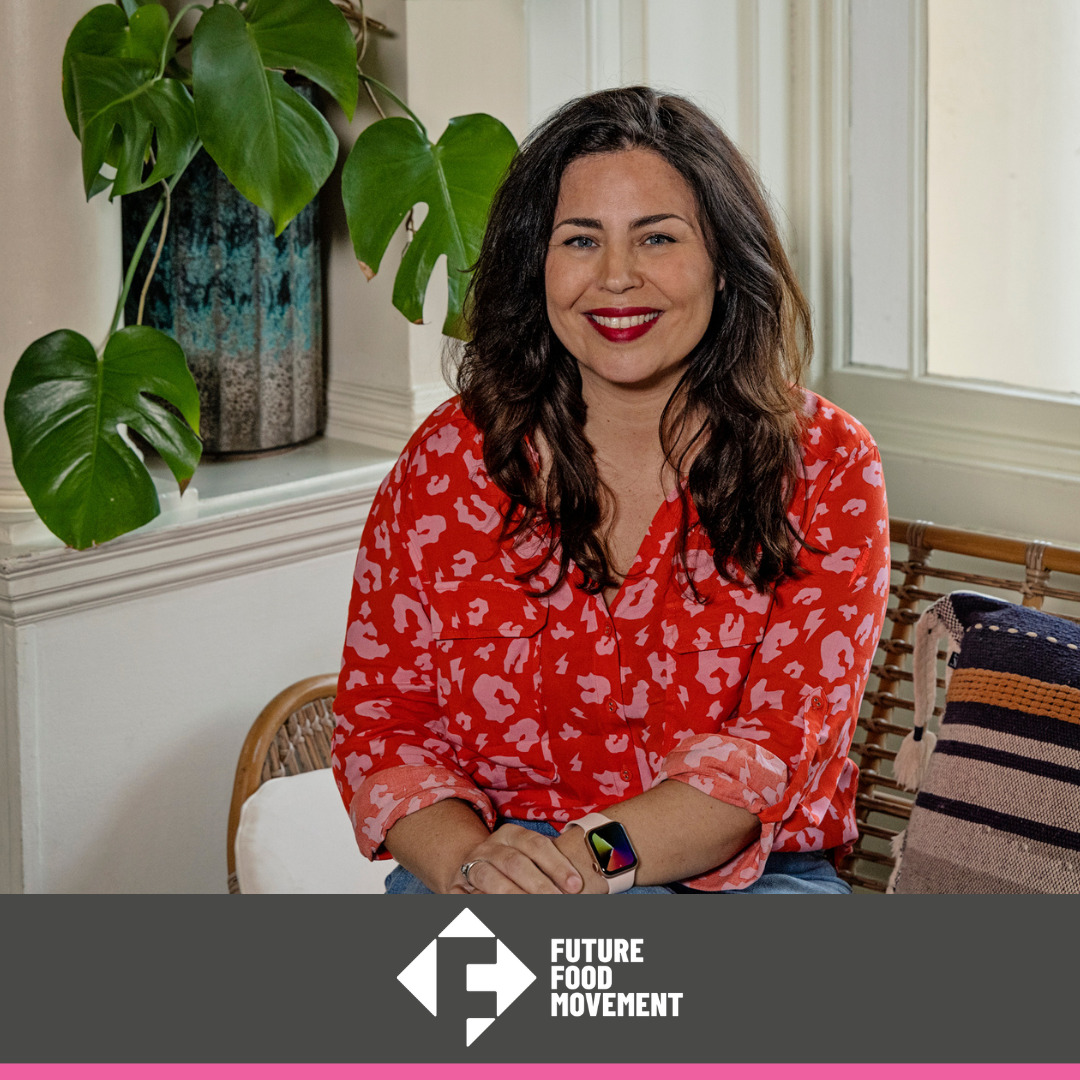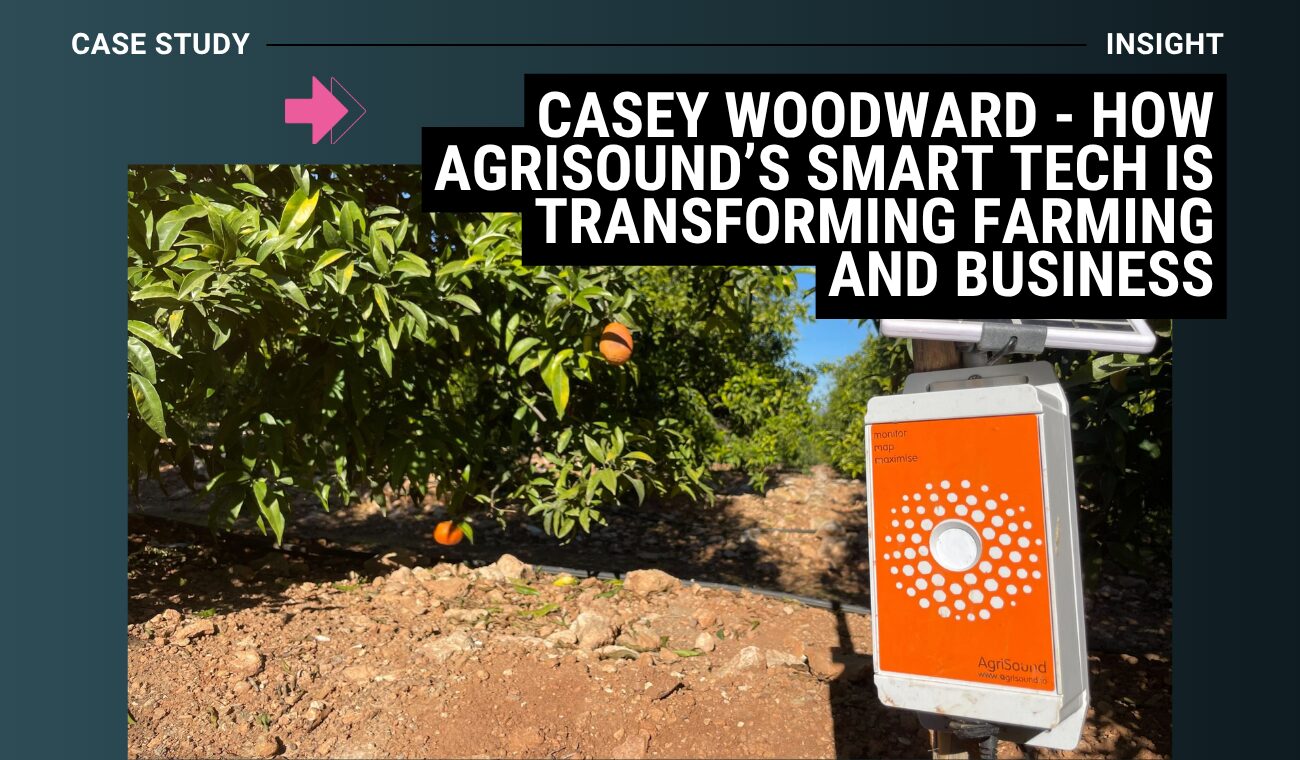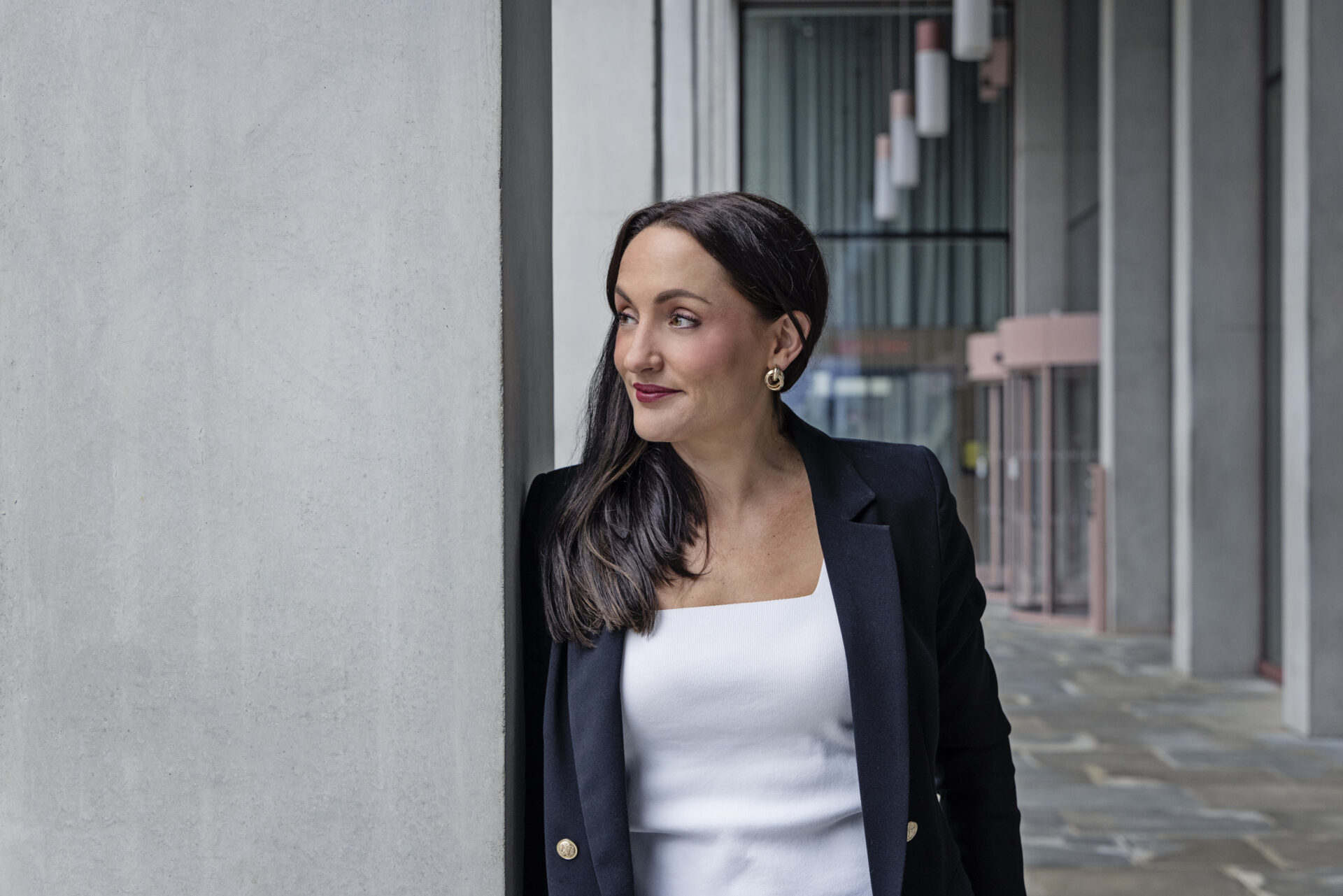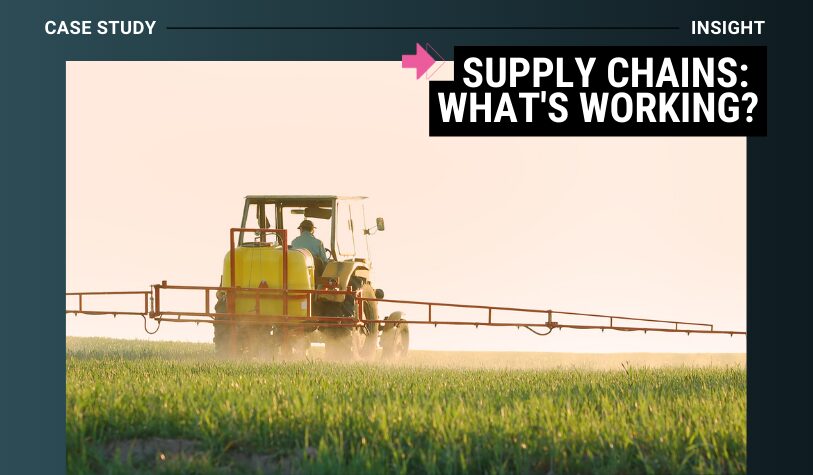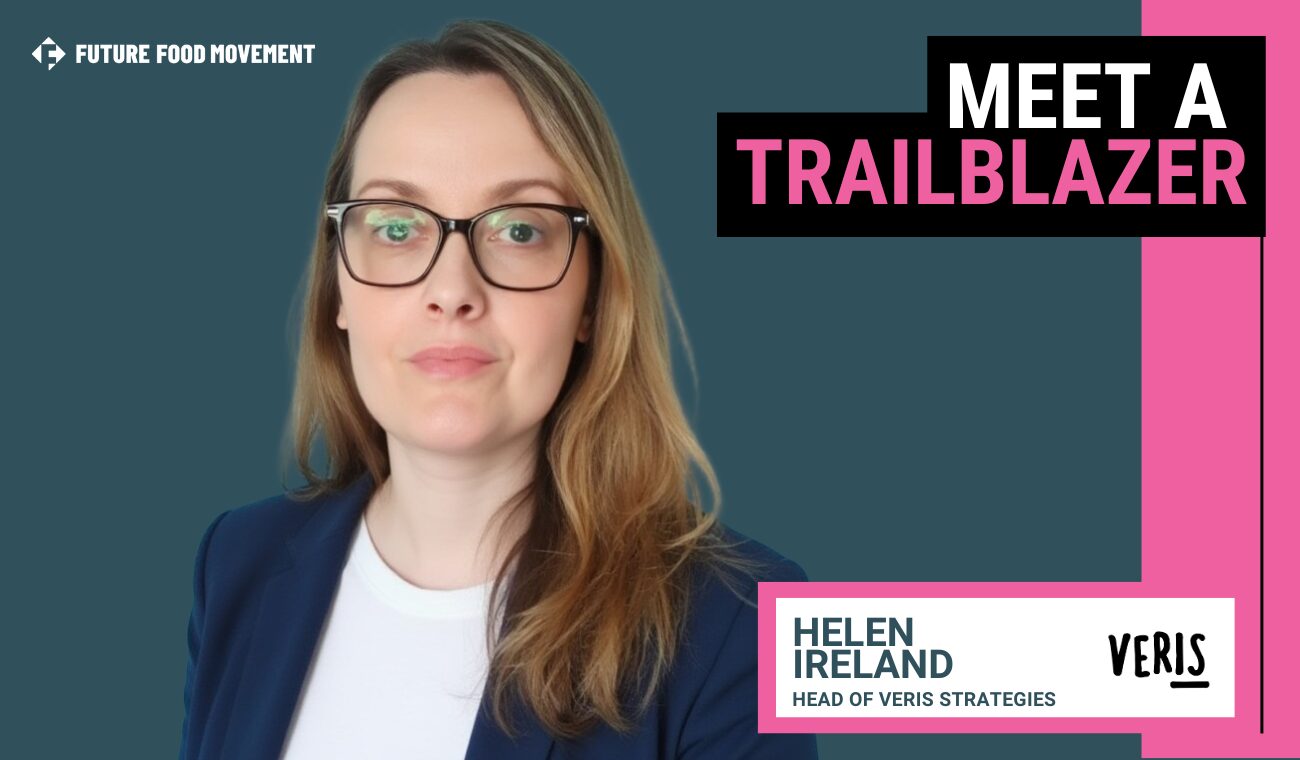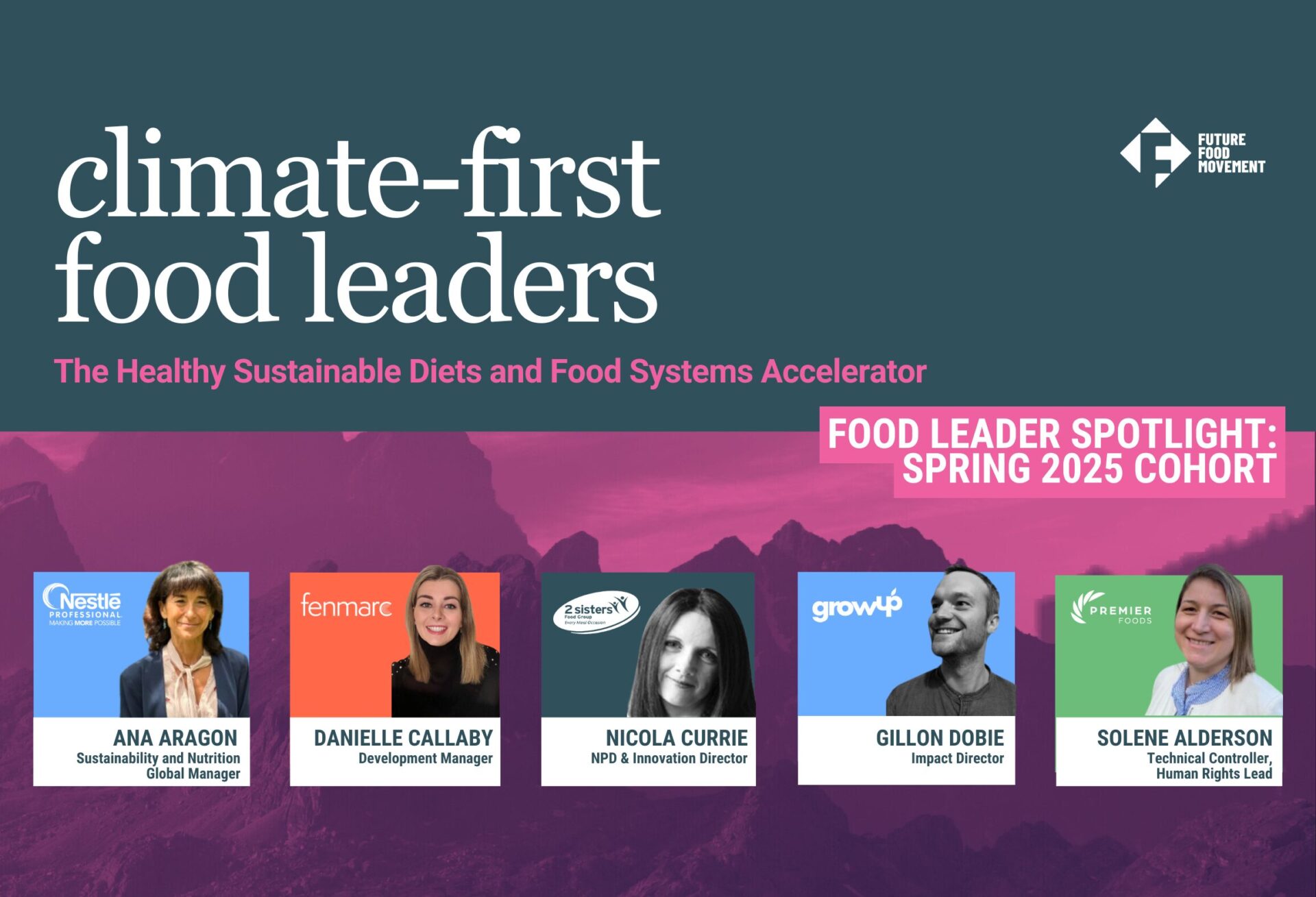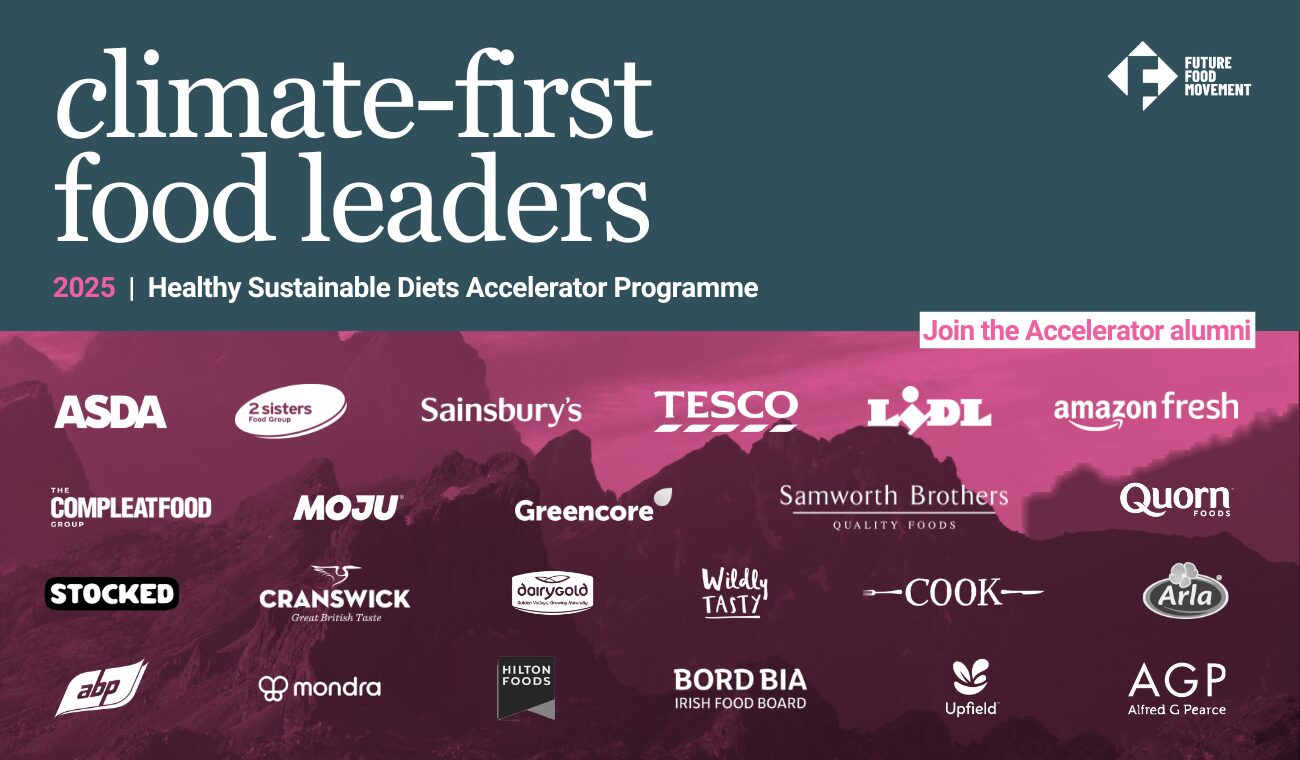FoodCycle is the largest community dining charity in the UK, operating over 100 community meal programs every week across England and Wales. Serving 3,500 to 4,000 guests each week, FoodCycle brings together volunteers to create delicious, nutritious and healthy three-course vegetarian meals made entirely from surplus food that would otherwise go to waste. These meals serve not only as a means to address hunger but also as a platform for driving behavioural change towards healthier and more sustainable eating habits.
The Challenge: Many of FoodCycle’s guests face financial challenges, with 75% struggling to afford the food they want, and 95% struggling to heat their homes. For these individuals, making healthy, sustainable food choices is often a privilege or a perceived sacrifice, especially in the context of affordability and convenience.
The Solution: FoodCycle addresses these challenges by providing community meals in a safe, social and supportive environment. The key lies in the idea that sustainable eating should feel easy and enjoyable. The community meals promote healthier eating habits by offering a space for guests to try new foods without stigma or pressure. Over time, this experience has proven to drive behaviour change among attendees.
Impact on Behaviour Change: Research by the British Nutrition Foundation and Danone revealed that 67% of FoodCycle guests started thinking more about eating in ways that benefit the planet after attending the meals. In just three months, many guests reported positive behaviour changes, such as trying new fruits and vegetables and incorporating more plant-based proteins into their diets. In fact, 49% of guests began eating more plant-based proteins after regularly attending the meals.
The role of volunteers in fostering these changes is crucial. The 8,000 FoodCycle volunteers build strong, personal relationships with guests, encourages them to try new foods and make healthier choices. These “trusted messengers” create an atmosphere where behaviour change is supported, making it easier and accessible to adopt sustainable eating habits.
A key element of FoodCycle’s success is the creation of a social space where guests can experiment with new foods and engage with others who share similar challenges. Peter McCabe, CEO of FoodCycle, explained in our April Expert Event that behaviour change is more likely to occur in social settings where people can influence and support each other, over making changes in isolation.
The concept of creating “safe and social spaces” extends beyond the charity’s community meals introducing small, healthy changes in a supportive, community-driven environment. The vision includes making
Making healthier choices more accessible and affordable increases the likelihood that individuals will choose them. This highlights how social, supportive environments can help individuals shift their eating habits for the better. There are significant opportunities to translate these safe and social spaces into supermarkets and other settings, making it easier for individuals to make healthier choices in their daily lives.

